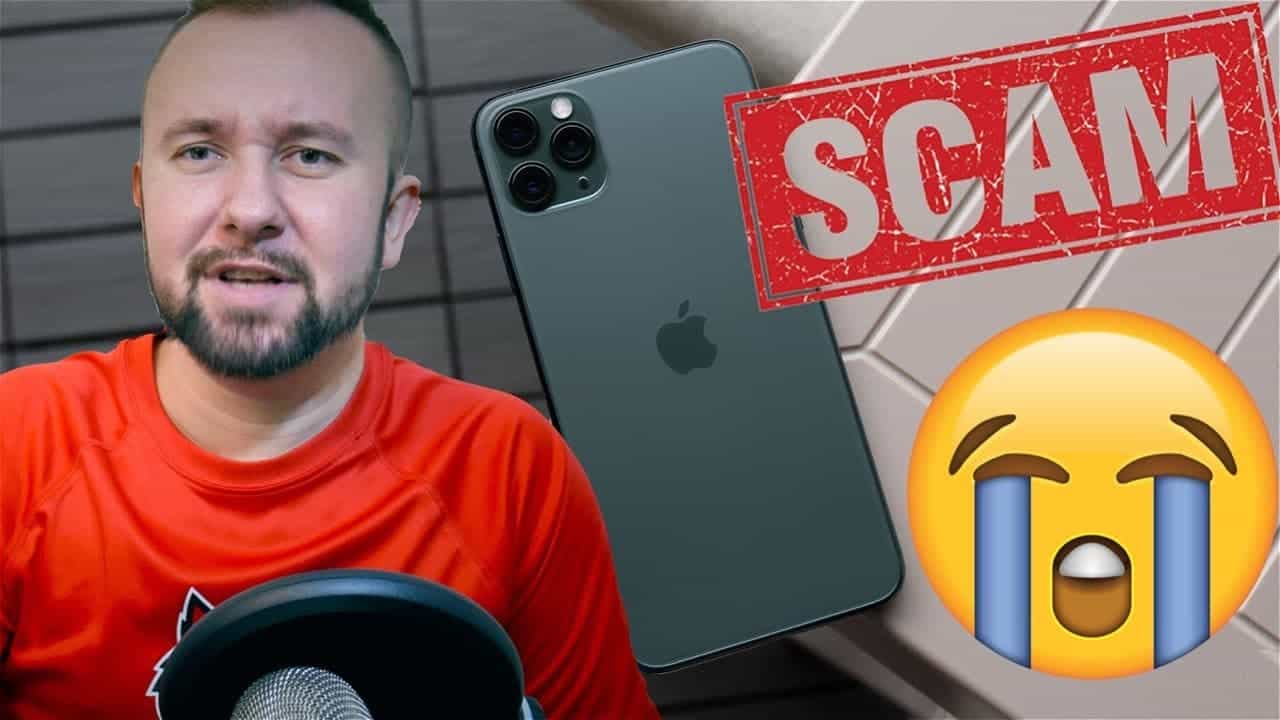In recent times, a new iPhone scam has been making the rounds, targeting unsuspecting users. At the moment, this scam seems to be very popular in China. However, it is good for all iPhone users to be aware of this new scam pattern. The scam involves logging in a “potential buyer” Apple ID into an iPhone for sale. Once that is done, the seller will be in trouble. In this article, we will delve into the details of this scam and guide how to avoid falling prey to it.

The Scam
It is common for buyers to ask iPhone sellers to log in to their Apple ID to confirm that the iPhone belongs to the seller. This is especially important when buying a secondhand iPhone, as it also ensures that the seller has fully logged out of their account. This also means that the buyer can start using the device without any potential issues or unauthorized access. However, this is what the scammers take advantage of. In this scam, the potential buyer is the scammer.
The scam begins with a seemingly legitimate request by a “buyer” to purchase an iPhone. The “buyer” then asks the seller to log in to their Apple ID and take a screenshot of the phone’s home screen. The scammer (buyer) claims that this is necessary to prove that the phone belongs to them (the seller). However, once the seller logs in, the scammer locks the phone remotely and demands money before unlocking it. This is a clear case of identity theft and fraud, and it is crucial to be aware of this scam to avoid falling victim to it.
How to Avoid the Scam
To avoid falling prey to this scam, it is essential to be cautious when dealing with requests for personal information or access to your Apple ID. Here are some tips to help you avoid the scam:
1. Be wary of requests for personal information: Be cautious of any requests that ask for your personal information, such as your Apple ID password or other sensitive details. Legitimate requests from Apple or other trusted sources will never ask for this information.
2. Verify the authenticity of the request: Before providing any information or access to your Apple ID, verify the authenticity of the request. Check the URL of the website or the email address of the sender to ensure it is legitimate.
3. Do not log in to your Apple ID: Never log in to your Apple ID or provide any personal information in response to a request from an unknown source.
4. Contact Apple’s official customer service: If you encounter a suspicious request or have any concerns about your Apple ID, contact Apple’s official customer service. They will be able to assist you in resolving the issue and provide guidance on how to protect your account.
5. Keep your Apple ID secure: Ensure that your Apple ID is secure by using strong passwords and enabling two-factor authentication. This will help prevent unauthorized access to your account.
Conclusion
The latest iPhone scam is a clear example of how scammers are constantly evolving their tactics to deceive unsuspecting users. It is crucial to be aware of these scams and take steps to protect your personal information and Apple ID. By following the tips outlined above, you can avoid falling prey to this scam and keep your Apple ID secure. Remember, it is always better to err on the side of caution when dealing with requests for personal information or access to your Apple ID. Also, do not log in to any Apple ID that does not belong to you for any reason.




